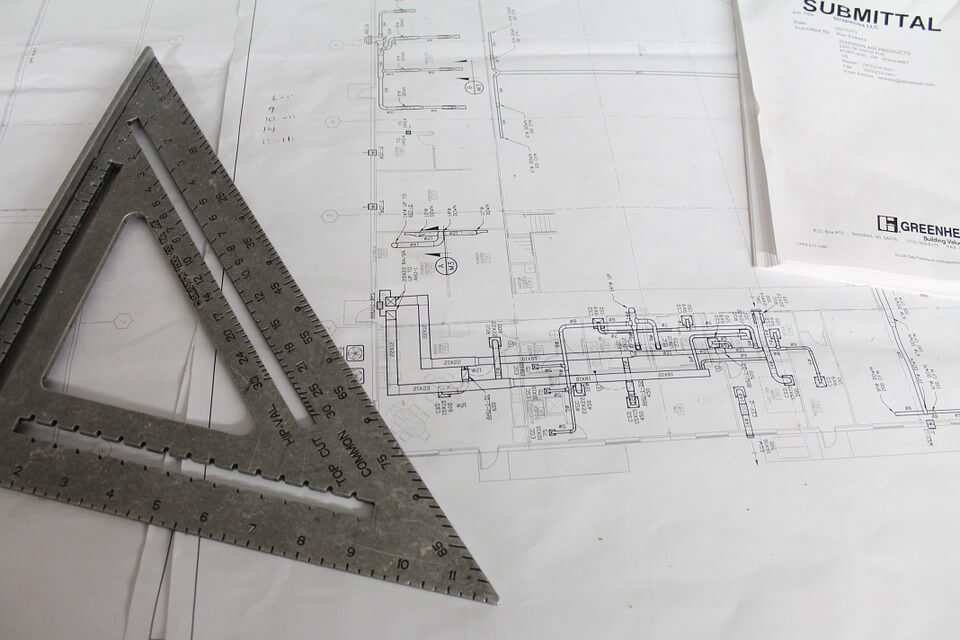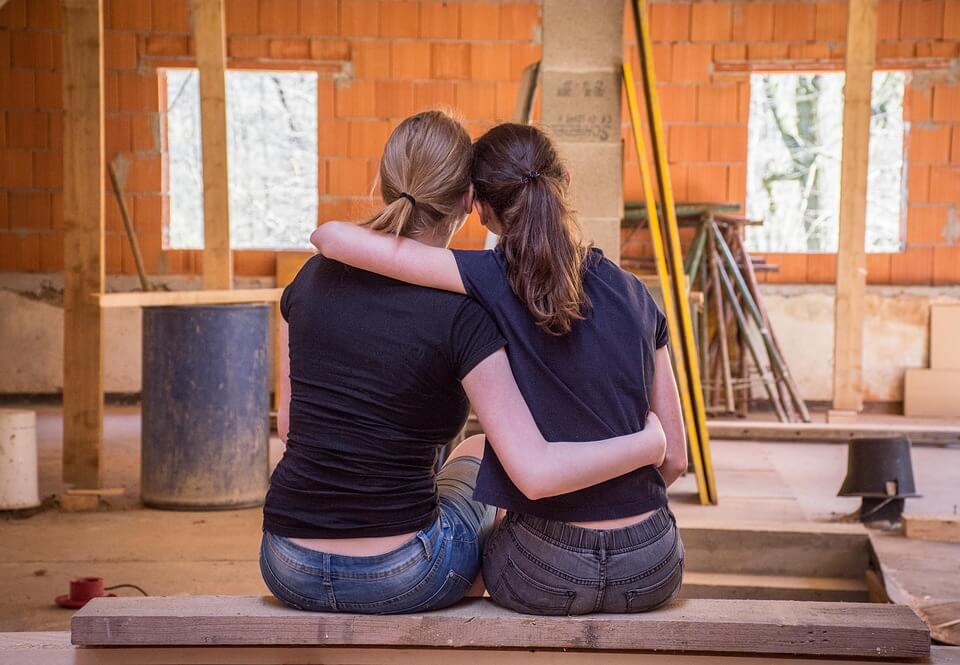Planning A Construction Project? Here Are Some Useful Tips

Home is such an integral part of life for many people. Having a safe place to retreat to, surrounded by familiar things and often containing personal memories, can provide a much-needed respite from the outside world. However, it's important that your home looks exactly how you want it to because it's your place of relaxation and escape - where you get to truly be yourself. If there is some construction project on the cards for your home, here are some useful tips on how to approach this stage successfully.
1. Hire The Right People
Just like in any other kind of work, having the right people alongside you is incredibly important in order for a project to be successful. As the professional home builders from McCarthy Homes touch on, a home is an extension of the owner, so it's important for any builder to understand why providing clients with exactly what they want for their home is a priority. Other than that, it's also important to hire people that not only know how to do the work, but that can really understand your vision and provide you with different options on how to achieve it. They should also be able to help you with choosing the most suitable building materials and recommendations on which features you could add to your home. Depending on the location and type of project you're starting, one important thing to add are road safety equipment such as barriers, to make sure to keep pedestrians away from any danger.
2. Make A Pro-Con List
When thinking about ways to improve your home, it's not always easy to discern what you want and need for it to have. Before you start your construction project, it's important to make a good pro-con list of the things you want and think you need in order to make the most of your new space. Once you've done that, make a priority list of things you absolutely need to have in your home. That way you can make sure that you'll be happy with the end result, and leave enough room for further improvements at another time if there's a need for that. When making the list, keep in mind things like the actual use of a room and what you'll be using it for, as well as if there is enough storage space for your personal belongings. For example, the idea of a really nice fireplace might be attractive to you. However, if you live somewhere where it's always warm, you won't get much use of it, and the space could perhaps be used for something more relevant to your lifestyle.
3. Set A Budget
Prior to starting a construction project, you must set a budget for it and try to stay within the limits. Once you made your prioritized list, write down the estimated cost of each bullet point on it, and see what the total is. On the other hand, take a look at your finances and decide how much you'd be willing to budget out for the construction project at hand. If the numbers don't add up, it's time to go back to the list and see what changes need to be made. When setting a budget for something like this, it's important to leave some room in it for unexpected expenses. That way you can be sure that when they happen, you'll still have enough money left in the bank to cover them. The last thing you want is to have to stop a project midway because you ran out of money for it. On the other hand, if there's an integral part of the project that you think calls for too much money, it may be a good idea to rethink your project entirely. While there are certain things that allow for more budget-friendly alternatives, there are also others that need to be of the highest quality, depending on the project. If it doesn't fit into your budget at this time, it might be better to leave it for another date when you'll be able to truly make the most of it.
4. Have A Realistic Time Frame
When setting a time frame for your construction project, make sure that it's realistic. A good idea is to ask the professionals at a construction company how much time a project like that takes on average. Once you get that information, use it more as a reference point, rather than a strict deadline for your project. Take into consideration the number of workers available for it, potential delays and obstacles you might face along the way, as well as if there are things like bad weather or holidays that may come up at some point. Again, depending on the size of the construction project you're undertaking, you might need to change up your routine until it's finished. That could mean anything from finding a place to stay until it's done, to having to be home at a certain time in order to be as involved in it as you like. This is an important step, not only because it can influence your budget, but also in order to avoid getting frustrated while work is underway.

It's always a good idea to keep in mind that things may not go as planned. This is especially the case when it comes to large construction projects, so be sure to leave yourself some room for unforeseen circumstances. If you stick with your main goals and remain flexible, this should help you through most sticky situations. Always keep in mind that you're investing in something great for yourself and your home, and you have a lot to look forward to!